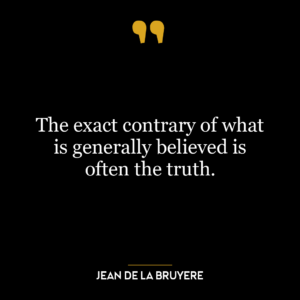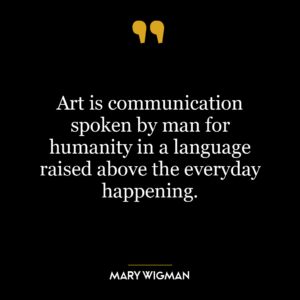This quote, “Of course, not everything is unsayable in words, only the living truth,” suggests that while we can express many things through language, the ultimate truth, or the essence of life and existence, is beyond the scope of words. It talks about the limitations of language in capturing the full depth and complexity of reality and experience.
The “living truth” can be interpreted as the raw, unfiltered reality of life, the dynamic, ever-changing, and multi-dimensional aspects of existence that can’t be fully encapsulated or conveyed through language. It’s like trying to describe a sunset to someone who has never seen one; you can talk about the colors, the light, and the feeling, but words can’t fully capture the experience.
In today’s world, this concept can be applied to numerous areas, such as in the realm of social media where people often present a certain version of their lives that may not necessarily align with their actual, lived experiences. It reminds us that what we see or read is not always the complete picture, and that there’s often more depth and complexity beneath the surface.
In terms of personal development, this idea can help us understand that our experiences and emotions are unique and might not always be easily expressed or understood by others. It encourages us to embrace the unsayable aspects of our lives, the parts that we can’t put into words, as they are an integral part of our personal truth. It also underlines the importance of direct experience and introspection in understanding ourselves and the world around us, rather than relying solely on language and verbal communication.











